The new year is approaching with great and terrifying speed, even if it currently hides behind the pomp of the Christmas period.
The start of a new year is always a joyous time, rendered full by the celebration of a year gone past and the potential of the one to come. There are myriad different resolutions you could formalise for New Year’s Eve, but many will naturally be thinking about their finances; why should you do so too?
Why Prioritise Finances?
There are numerous reasons that personal finances, and the proper budgeting of your household, should be a priority consideration for you in the new year. However, for 2024, some of these considerations are much timelier than others. The government’s recent Autumn Statement was followed by some difficult truths from the Resolution Foundation, a think tank that calculated UK households to be £1900 worse off by the end of this parliament than at its start – an historic first.
Meanwhile, energy bills are expected to rise by a significant 5% in the start of 2024, as Ofgem looks to increase the cap for wholesale energy costs. The cost-of-living crisis has already affected the vast majority of households, and these figures only signal a continuance – and one the impact of which budgeting could be instrumental to reducing. But where should you start?
Debt
An excellent place to start for any turning-over of a new financial leaf would be to re-examine your relationship with debt. Debts can be a major stain on anyone’s financial situation, and often act as black holes vacuuming up any expendable income. Managing your debts properly, with a view to completely eradicating them, should be a primary objective before making any savings commitments.
If your debts are in more than one place, repaying them can become unnecessarily complex. Instead of juggling which debts to pay first, you can use a debt consolidation loan to bring them under one roof and make repayment as simple as a single monthly expense at a single rate of interest.
Budgeting
In order to allocate the right money towards the repayment of your debts, though, you’ll need to have a framework in place – in the form of a budget. This means addressing the amount of money coming in and going out beyond your debt burdens, including everything from your salary to the average monthly cost of chocolate and other treats from the off-licence. With all this information, you can figure out how much you currently have in monthly expendable income, and how much you could have if you made some changes to your spending.
Saving
Addressing what you save isn’t just about what you cut down on. You should also be thinking carefully about where that money is going. After debts are squared away, your expendable income should be put away somewhere safe. Some savings accounts are better than others, depending on your long-term goals. For example, if you intend to buy a first home, a LISA might make much more sense than a conventional saver’s account.




















